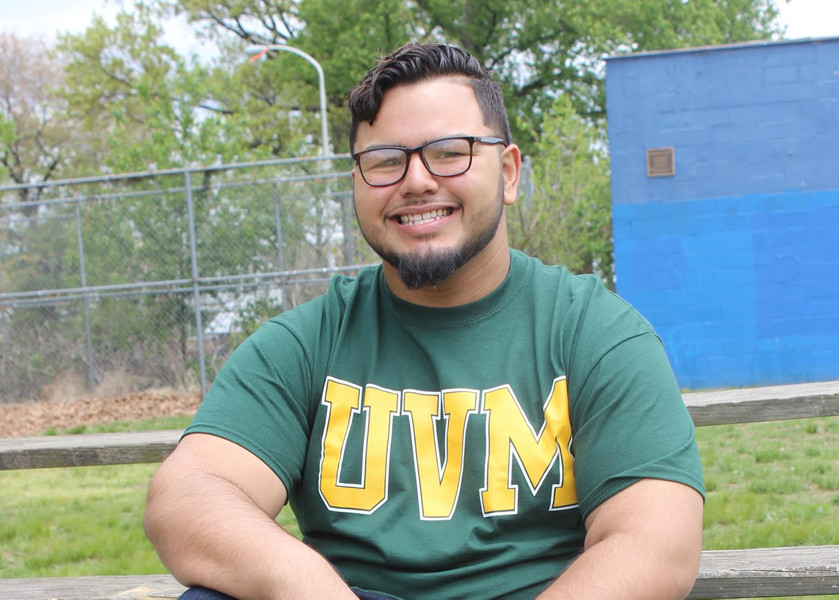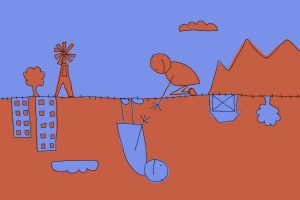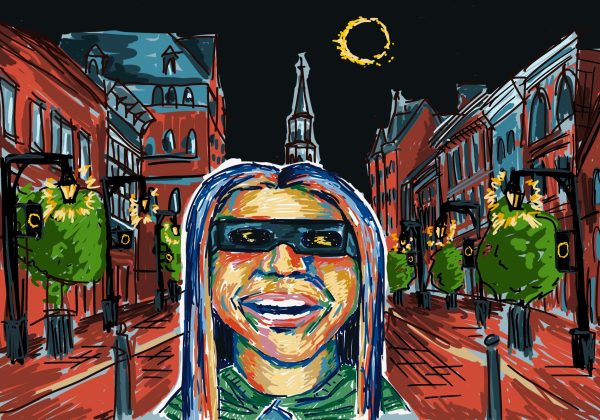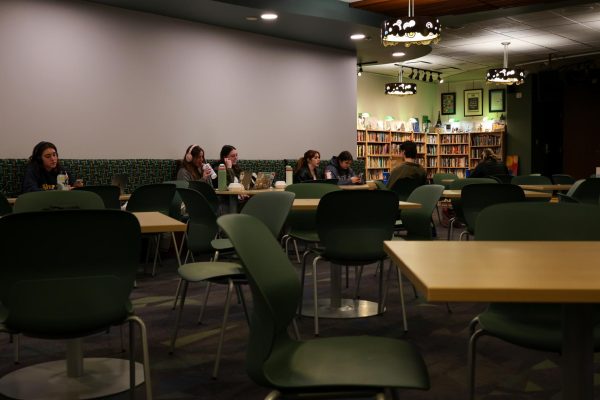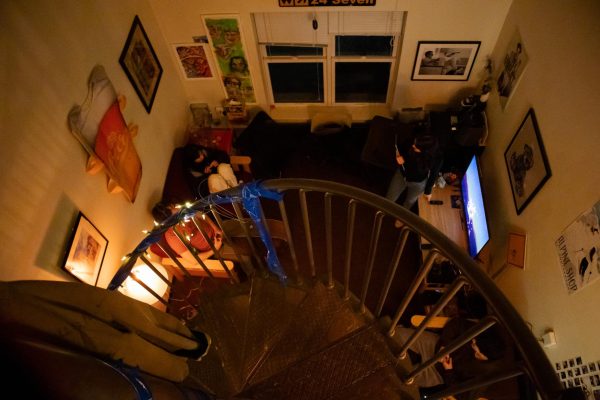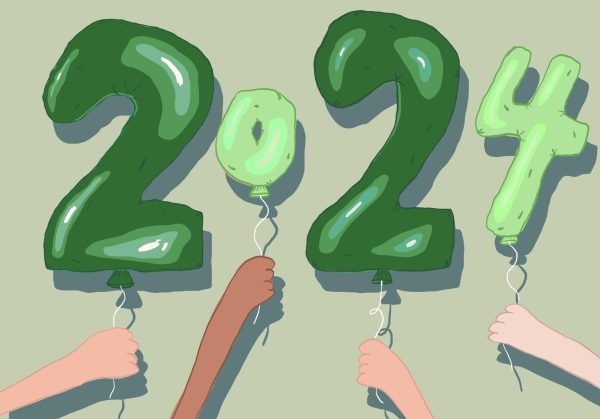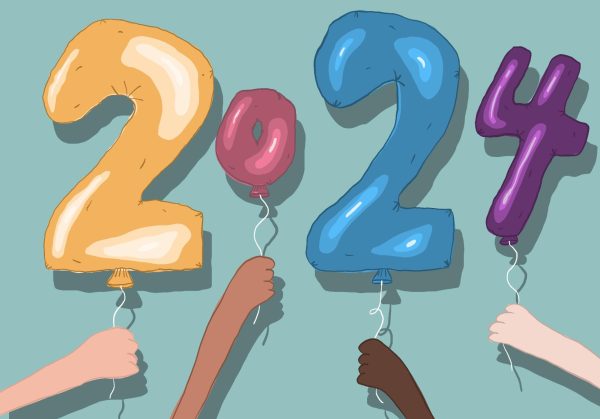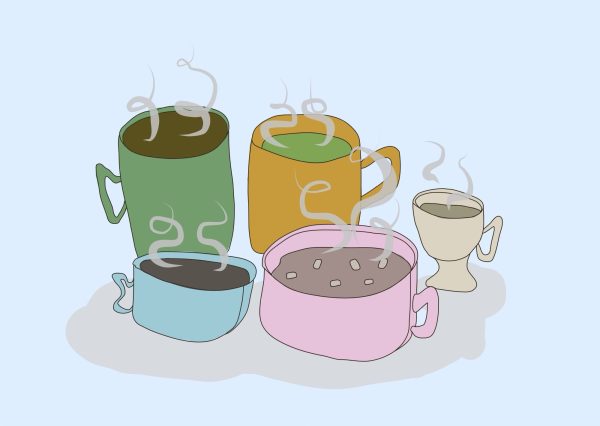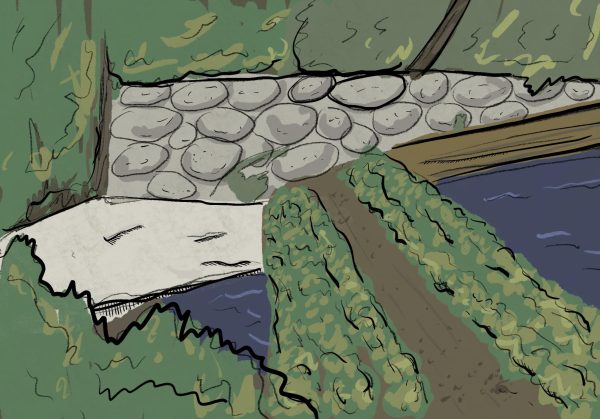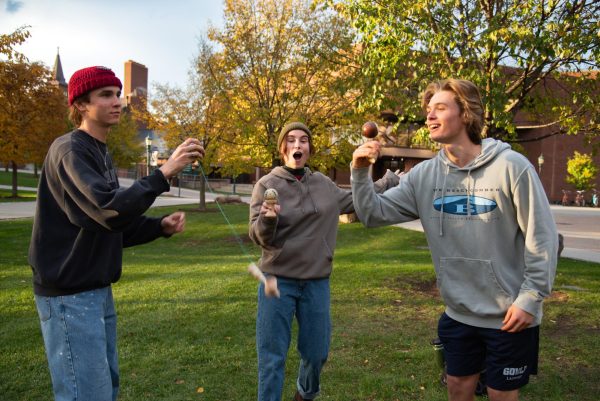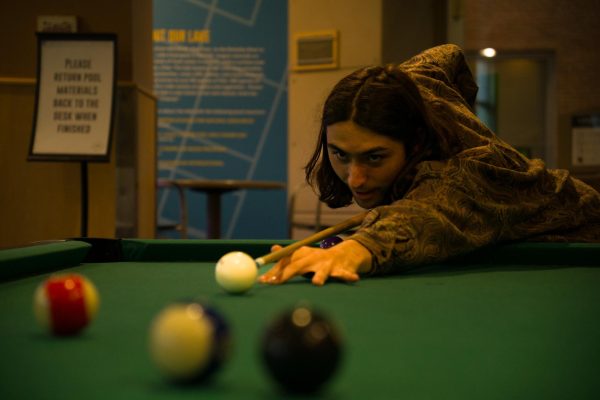Student discusses effects of microagressions
May 8, 2017
Julio Colón is a first-year nursing student at the UVM. He is originally from Ponce, Puerto Rico, but has been living in the U.S. since 2008. He currently lives in Philadelphia. Julio is a member of Phi Mu Delta fraternity and the InterVarsity Christian Fellowship at UVM.
Colón is a tour guide for the University and a student advisor to Annie Stevens, the vice provost for student affairs.
This summer, he will be an Orientation Leader for the College of Nursing and Health Sciences. In the fall, Colón will be program director for La Casa de Cultura, vice president of Alianza Latinx and will be a College of Nursing and Health Sciences Link.
I spoke with Colón recently to learn about his experiences as a student of color at UVM, and this is what he had to say:
NM: I know you talked about microaggressions, that’s actually one of my questions, so have you experienced any microaggressions while at UVM? And if so, can you talk about that your experience?
JC: I didn’t actually know what microaggressions were until I went to Racial Aikido [an annual retreat led by the Mosaic Center for Students of Color].
NM: Yeah, I still kind of don’t know what it is. Do you want to explain the definition?
JC: Basically, a microaggression is a way of making a person of color feel uncomfortable. That can be like looking at you weird; that’s a microaggression. Assuming you possess stereotypes associated with your ethnicity or your race, is another microaggression.
It’s just stuff that you wouldn’t be like, “Damn, that’s racist!” but damn, that’s low-key messed up. I feel like I’ve noticed that a bit more.
I had a kid once who was like “Oh, hey Jose!” and I was like “Oh, it’s Julio,” and he then said “Oh, same thing,” and I was like “No, it’s not the same thing,” so like stuff like that.
NM: Yeah, it’s just blatantly disrespectful.
JC: But you learn to combat that stuff. You get upset about it, but you can’t also let that affect your entire world. It’s just another thing I have to experience as a student of color.
Like I have to experience that, that people are going to ship my identity away, and make it fit their perception of what it is.
NM: Yeah it’s kind of a necessary experience, because I know if I had stayed in New York and went to a City University of New York school, which is the norm, and it’s pretty diverse, I wouldn’t get those experiences, and know how to deal with those things.
JC: Well yeah, I feel like that kind of made me think, “What does my name mean to me?” I started thinking about that, and I was like, “holy crap, my name is important to me. It’s important to who I am.”
So yeah, it was definitely an important experience, but it’s also an experience I’m forced into and I don’t have the option to not have it.
Microaggressions are like mosquito bites. Like one or two are bothersome, but when you have all these mosquito bites, it’s like, “that hurt,” and it’s oppressive. If you’re a student of color and don’t know how to deal with that or practice self-care, then that can get to you.
That’s why many students of color don’t finish at UVM, or will stop coming here and go to another school.
This upsets me, but what am I going to do about it? Am I going to snap at this person, and succumb to a stereotype of the angry black person?
There are often places where you shouldn’t say anything — if you fear for your safety and stuff — but other times you need to stand up.
NM: It’s better to educate people than letting them be unknowledgeable and ignorant and live that way.
JC: Yeah, but also you can’t make it your job to educate people on stuff that you don’t even know, about your own ethnicity.
NM: It shouldn’t be your job, you know, they [the white community] should take the time to learn about other races and ethnicities and about their experiences.”
JC: But as I was saying earlier, they have like the option to learn about different races and ethnicities if they want to, whereas we are forced to learn about all white people. We kind of have to play the system.


